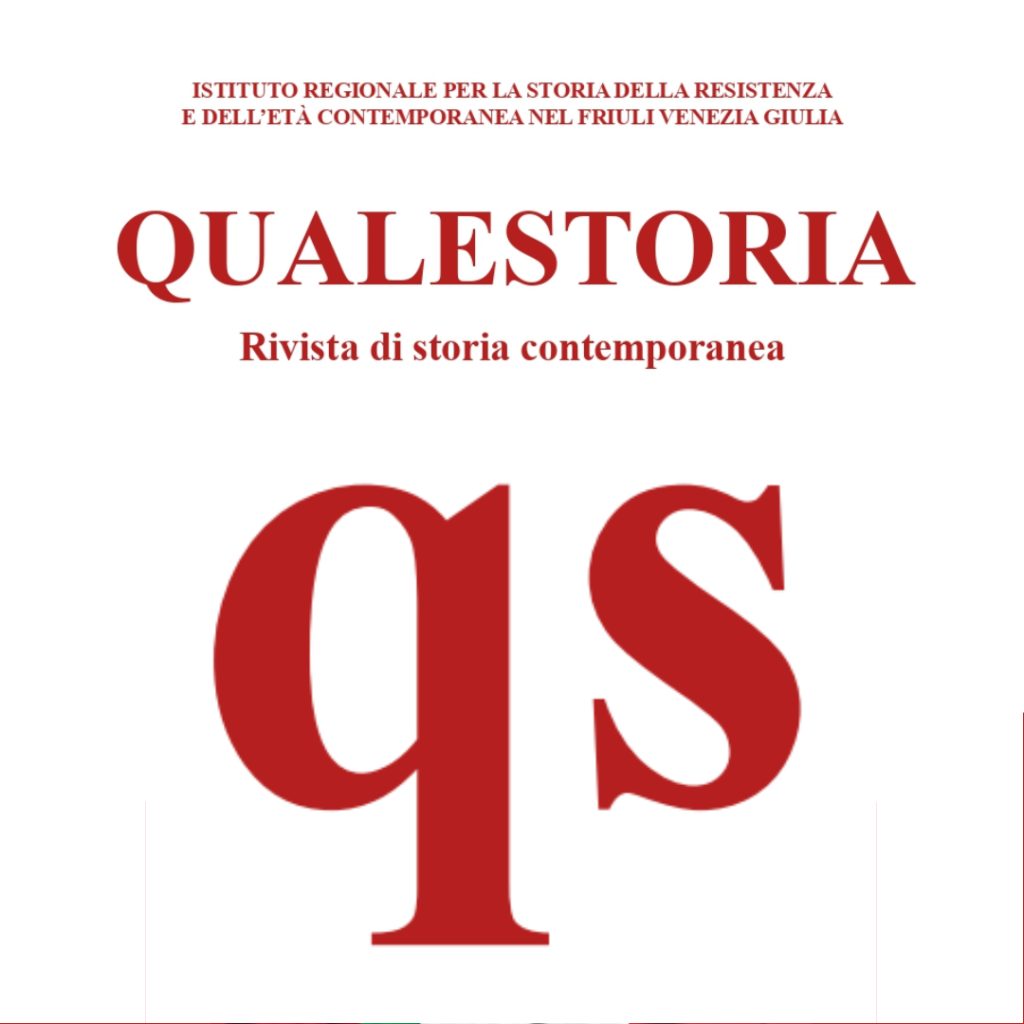 The Image(s) of South-Eastern and East-Central Europe Throughout History
The Image(s) of South-Eastern and East-Central Europe Throughout History
“Annales Pilar” Annual Conference / AIESEE Annual Conference
October 25th to 26th, 2013, “Ivo Pilar” Institute of Social Sciences / Zagreb, Croatia
Program
After the fall of communism, a large part of the region formerly known (primarily during the Cold War) as „Eastern Europe“ was conventionally divided by scholars and politicians in South-East and East-Central Europe. It was an attempt to emancipate the region from Russia and to overcome the legacy of the Cold War and its divisions, even though these two terms do not cover always the same realities. „South-East Europe“ is in fact an older term coined for the Balkans in the second half of the nineteenth century by Western scholars. “Central Europe“ (which is not the old Mitteleuropa because it does not include Germany) emerged only at the beginning of the 1980’s „from the inside“ and in opposition with the Soviet Union.
Over the years, there has developed a growing subfield across many academic disciplines that examines the construction of identities in the region („the Other“, in the context of a Self-Other opposition). The birth of this subfield is due not only to the above mentioned political/historical conditions, but also lies in broader academic and cultural trends. These trends, for example, look at the role of Western Europeans and North-Americans in creating and imposing identities upon „others“, even in their home countries, by expressing superiority complexes and creating cultural hierarchies, at the same time wittingly and unwittingly aiming to establish and maintain control over those they characterize and categorize. It should be mentioned in this context the so-called „Orientalism“ and “Balkanism”, identified by Eduard Said and Maria Todorova, respectively, along with the works of Larry Wolff, Milica Bakic-Hayden, Vesna Goldsworthy, etc. Csaba Dupcsik has dubbed this set of studies collectively as a critique of „Euro-Orientalism“. However, in recent years some scholars (Richard Andrew Hall, Tony Judt, Misha Glenny, etc.) have been critical of the above mentioned theses and their works aim at deconstructing the critique of „Euro-Orientalism“.
Consequently, one of the aims of the proposed project is to insert itself in this very relevant debate on East Europeans („the Other Europe“) between the critique of „Euro-Orientalism“ and its opponents and to enrich it with its own results. It is intended to also take into consideration „the inverted perspective“: the image(s) of the West, of “Europe” in SEE and East-Central Europe. This topic, which turns the countries belonging to this region/these regions into actors, has become quite relevant over the last years, particularly because of the integration of a part of them into the European Union. The third perspective proposed by the project is that of the countries of South-East and East-Central Europe themselves on their region(s). There is reason to assume, at least as a working hypothesis that the view on the region differs from country to country, offering insight in the interesting reasons of those differences and in the images and stereotypes of their neighbors. Last but not least, it would be interesting to learn about the image(s) of the above mentioned regions created more towards the East, namely in Russia and Japan.
The conference aims to facilitate the exchange of knowledge and ideas between scholars dealing with South-East and East-Central Europe as well as to help researchers maintain collaborative links across disciplines or establish new ones. In other words, it is intended to help building bridges of confidence between the different communities of SEE and East-Central Europe as well as between this region/these regions and other areas: Western Europe, Russia, Japan, rising above negative stereotypes, ideologies and political regimes in the spirit of democracy and pluralism.
Publication of the research results and their further dissemination in the society is an integral part of this international scientific project/conference. We welcome contributions based on original research as well as literature reviews and critical/theoretical approaches. Papers will be limited to 15 minutes. Abstracts should not exceed one page (approximately 350 words) and should be submitted by December 15, 2012. The selected authors will be notified by the end of January 2013. All contributions must be written in English or French. Abstracts and the institutional affiliation details should be submitted in Word following this order: 1) author (s); 2) affiliation; 3) e-mail address; 4) title of abstract; 5) body of abstract. The Organizing and Program Planning Committee will acknowledge the receipt of your proposal and answer to all paper proposals submitted.
A selection of the papers presented at the conference will be subsequently published in the form of conference proceedings, after a double peer-review process based on an agreed publication schedule. All the papers selected for publication should be original and must not have been published elsewhere.











